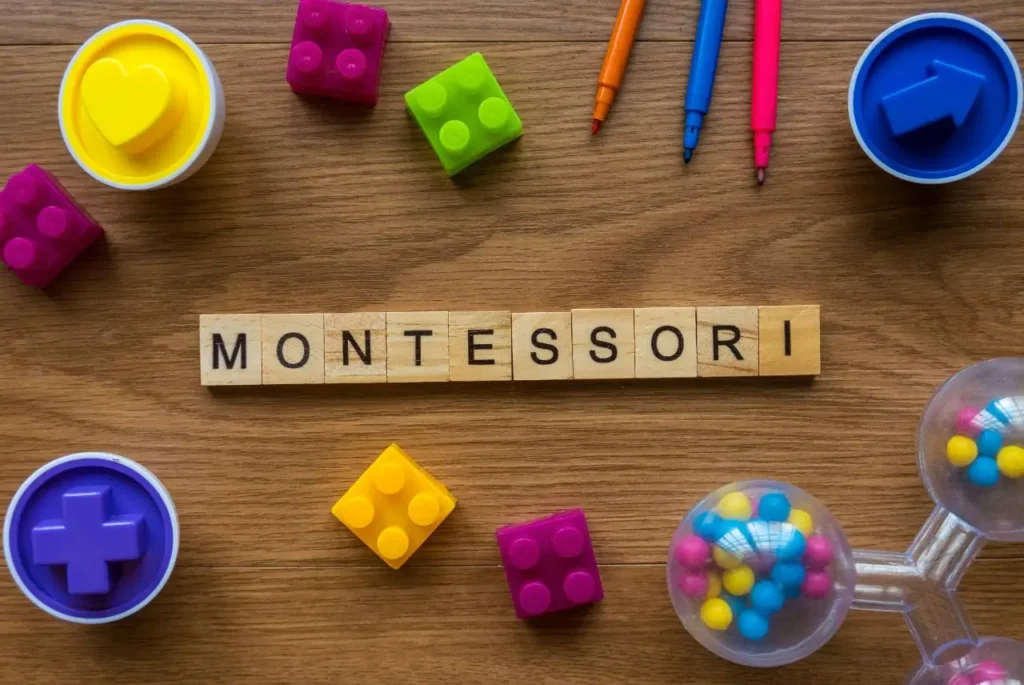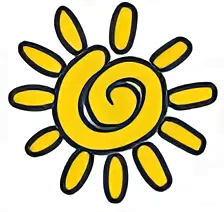Montessori Education is a unique approach to learning. It’s a method that respects the individuality of each child.
Founded by Maria Montessori, this method emphasizes hands-on, self-paced learning. It’s a system that nurtures a child’s natural inclination to learn.
In a Montessori classroom, children make creative choices in their learning. Teachers guide the process, but the child leads the way.
This article explores the Montessori Education system. We delve into its principles, benefits, and how it compares to traditional education methods.
Whether you’re a parent, an educator, or just curious, this guide offers a comprehensive look at Montessori Education. It’s a journey into a child-centered world of learning.
Understanding Montessori Education
Montessori Education is a child-centered approach. It’s based on scientific observations of children from birth to adulthood.
This method respects the child as an individual. It’s designed to help children develop their potential.
In Montessori Education, children learn at their own pace. They’re encouraged to explore and discover on their own.
The Montessori method values the development of the whole child. It focuses on their physical, social, emotional, and cognitive growth.
In essence, Montessori Education is about nurturing a love for learning. It’s about helping children become confident, responsible, and independent learners.
The Origins of Montessori Education
Montessori Education was developed by Dr. Maria Montessori. She was an Italian physician and educator.
Dr. Montessori’s approach was based on her scientific observations. She studied children of different ages and cultures.
Her method has been used worldwide for over a century. It’s recognized for its effectiveness in fostering child development.
Core Principles of Montessori Education
Montessori Education is built on several core principles. These principles guide the teaching and learning process.
The first principle is respect for the child. This means acknowledging the child as an individual learner.
The second principle is the prepared environment. This refers to a learning space that encourages exploration and independence.
The third principle is auto-education. This is the belief that children are naturally eager to learn.
Here are the core principles of Montessori Education:
- Respect for the child
- The prepared environment
- Auto-education
- The role of the adult
- The absorbent mind
- Sensitive periods
- The human tendencies
- Freedom within limits
- Observation
- The three-period lesson
- The work cycle
- The mathematical mind
- Cosmic education
- Peace education
These principles work together to create a holistic, child-centered approach to education.
The Montessori Classroom Environment
The Montessori classroom is a unique learning space. It is designed to foster independence and exploration.
The classroom is filled with hands-on, sensory-based materials. These materials are carefully arranged to invite interaction.
The layout of the classroom encourages movement and collaboration. This supports the child’s natural desire to learn and explore.
The Role of the Montessori Educator
In Montessori education, the teacher plays a unique role. They are not the center of attention, but a guide and observer.
The Montessori teacher prepares the environment and then steps back. They allow children to learn at their own pace.
They observe each child’s progress and interests. This helps them to tailor the learning experience to each individual child.
Hands-On Learning in Montessori
Hands-on learning is a cornerstone of Montessori education. It allows children to explore and learn through their senses.
Montessori classrooms are filled with specially designed materials. These materials encourage children to touch, manipulate, and experiment.
This approach fosters a deep understanding of concepts. It also promotes active engagement and joy in learning.
Montessori Education and Child Development
Montessori education plays a significant role in child development. It nurtures a child’s natural curiosity and love for learning.
The method respects individual learning paces and styles. This respect allows children to develop at their own speed, fostering self-confidence and independence.
Moreover, Montessori education emphasizes practical life skills. These skills, such as cooking and cleaning, contribute to a child’s overall development and prepare them for life.
Comparing Montessori and Traditional Education Methods
Montessori education differs significantly from traditional education methods. Traditional education often follows a one-size-fits-all approach, while Montessori education is tailored to each child’s unique needs and interests.
In traditional classrooms, teachers lead the learning process. In contrast, Montessori educators act as guides, allowing children to direct their own learning. This approach fosters independence and self-motivation.
Furthermore, Montessori classrooms are multi-age, promoting peer learning. Traditional classrooms, on the other hand, typically group children by age, limiting opportunities for peer mentorship and collaboration.
The Canadian Montessori Teacher Education Institute
The Canadian Montessori Teacher Education Institute plays a crucial role in training Montessori educators. It offers comprehensive programs that equip teachers with the knowledge and skills to implement Montessori principles effectively.
The institute’s rigorous training ensures that Montessori teachers can foster an enriching, child-centered learning environment. This contributes to the high standard of Montessori education in Canada.
Resources for Further Learning: Books on Montessori Education
For those interested in delving deeper into Montessori education, several books provide valuable insights. These books offer a comprehensive understanding of Montessori principles and their application.
Here are a few recommended reads:
- “The Absorbent Mind” by Maria Montessori
- “Montessori: A Modern Approach” by Paula Polk Lillard
- “Montessori from the Start” by Paula Polk Lillard and Lynn Lillard Jessen
- “The Montessori Method” by Maria Montessori
- “Understanding Montessori: A Guide for Parents” by Maren Schmidt.


